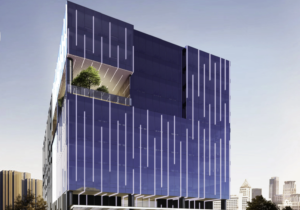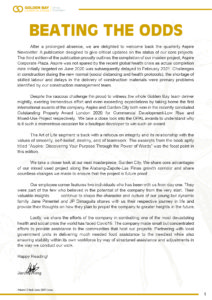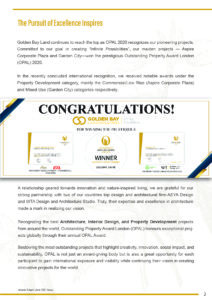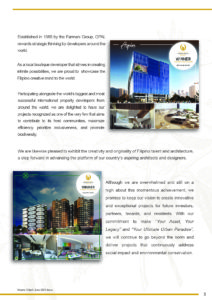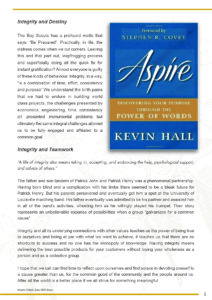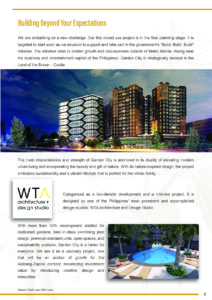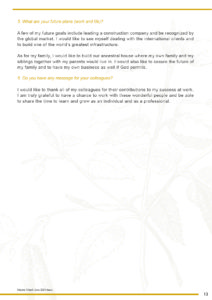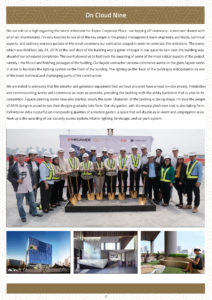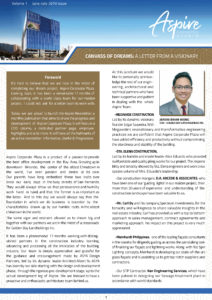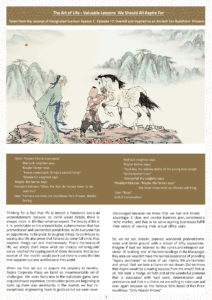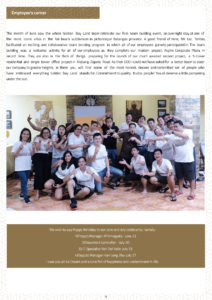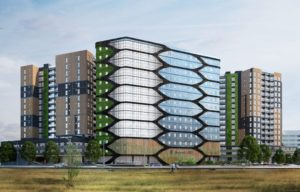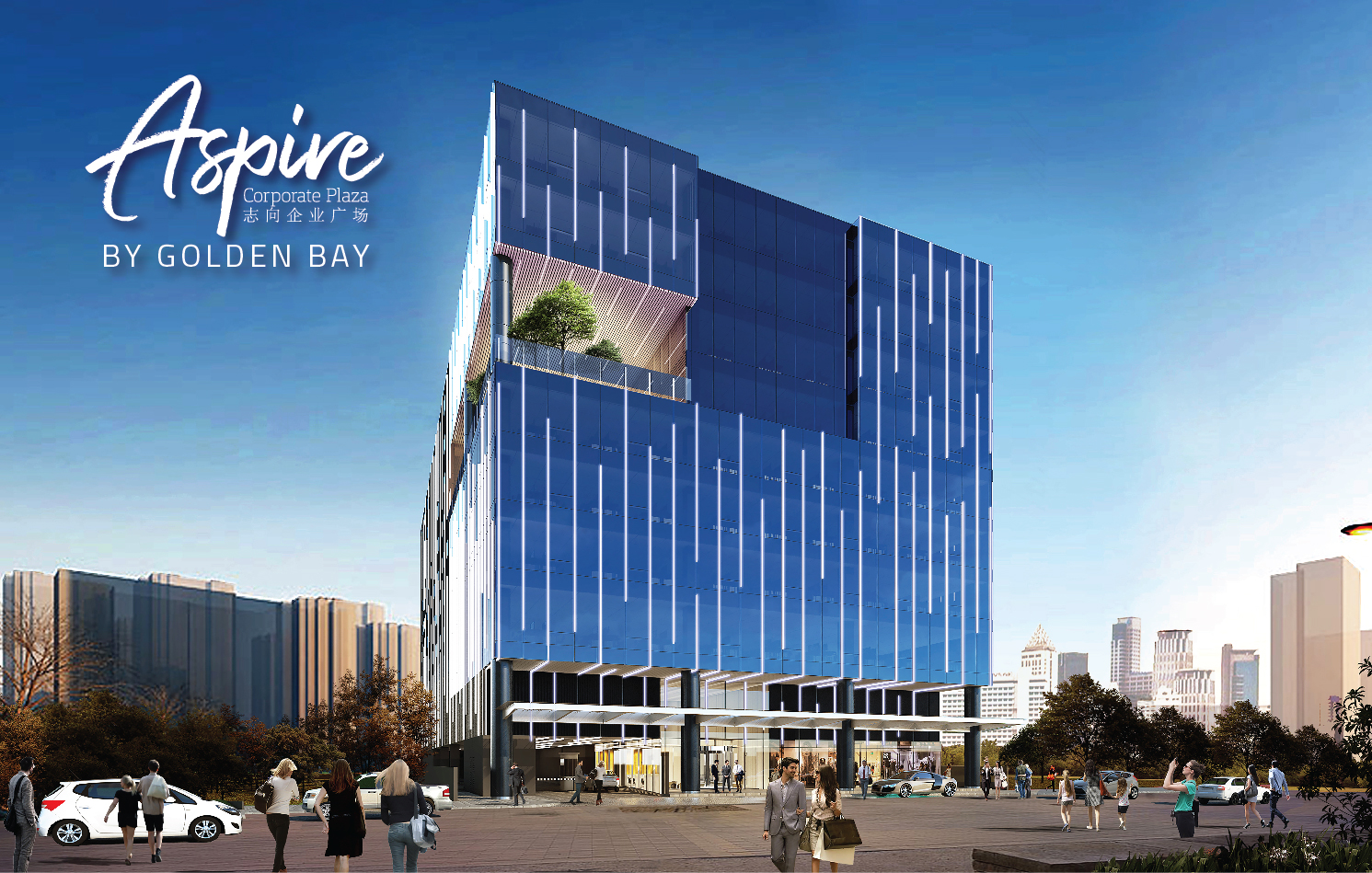
WHY GREEN LIVING MATTERS
As the world grapples with the escalating impacts of climate change and environmental degradation, the importance of green living has never been more pronounced. In the Philippines, a nation rich in natural beauty yet vulnerable to environmental challenges, embracing green living is not just an option but a necessity. Here are several compelling reasons why green living matters in the Philippines.
1. Preserving Natural Resources
The Philippines is blessed with a wealth of natural resources, from its lush forests to its vibrant marine ecosystems. However, these resources are under constant threat from deforestation, pollution, and over-exploitation. Green living practices, such as using sustainable materials, reducing waste, and conserving water, help preserve these precious resources for future generations. By adopting eco-friendly habits, Filipinos can ensure that the country’s natural beauty and biodiversity remain intact.
2. Combating Climate Change
The Philippines is one of the countries most affected by climate change, experiencing severe weather events such as typhoons, flooding, and rising sea levels. Green living plays a crucial role in mitigating climate change by reducing greenhouse gas emissions. Simple actions like using energy-efficient appliances, utilizing renewable energy sources, and reducing reliance on fossil fuels can significantly lower carbon footprints. Collectively, these efforts contribute to a healthier planet and a more resilient Philippines.
3. Improving Public Health
Environmental degradation has direct and indirect impacts on public health. Pollution, poor air quality, and contaminated water sources can lead to respiratory illnesses, waterborne diseases, and other health problems. Green living promotes cleaner air, safer water, and a healthier environment. For instance, planting more trees and creating green spaces can improve air quality and provide recreational areas that enhance physical and mental well-being. Adopting sustainable agricultural practices also ensures that the food consumed is free from harmful chemicals, promoting better health outcomes.
4. Economic Benefits
Green living is not only beneficial for the environment but also for the economy. Sustainable practices can lead to cost savings for households and businesses. Energy-efficient buildings and appliances, for example, reduce electricity bills. Renewable energy projects can create jobs and reduce dependence on imported fossil fuels, enhancing energy security and economic resilience. Additionally, eco-tourism, which promotes responsible travel to natural areas, can boost local economies while encouraging conservation efforts.

5. Enhancing the Quality of Life
Green living enhances the overall quality of life by creating more livable communities. Urban areas designed with green spaces, efficient public transportation, and eco-friendly buildings provide a higher standard of living. These environments promote physical activity, reduce stress, and foster a sense of community. For families, green living ensures that children grow up in a safe, healthy environment, instilling values of environmental stewardship that they can carry into adulthood.
Conclusion
In the face of environmental challenges, green living in the Philippines is imperative for preserving natural resources, combating climate change, improving public health, and fostering economic growth. By embracing sustainable practices, Filipinos can ensure a brighter, healthier future for themselves and future generations. Golden Bay Landholdings, Inc. is committed to promoting green living through our developments, creating communities that harmonize with nature and enhance the quality of life for all residents.
THE PHILIPPINES TO A MORE SUSTAINABLE FUTURE
Sustainability is no longer a buzzword but a pressing need, especially for countries like the Philippines that face unique environmental, social, and economic challenges. As the nation continues to develop, the importance of sustainable practices becomes increasingly critical. Here’s why the Philippines needs to embrace sustainability now more than ever.
1. Mitigating Environmental Degradation
The Philippines is endowed with diverse ecosystems and abundant natural resources. However, rapid urbanization, deforestation, and pollution have led to significant environmental degradation. Sustainable practices such as reforestation, waste management, and pollution control are essential to restore and protect these ecosystems. By adopting sustainable methods, the Philippines can combat soil erosion, preserve biodiversity, and maintain the natural beauty that is vital for tourism and local communities.
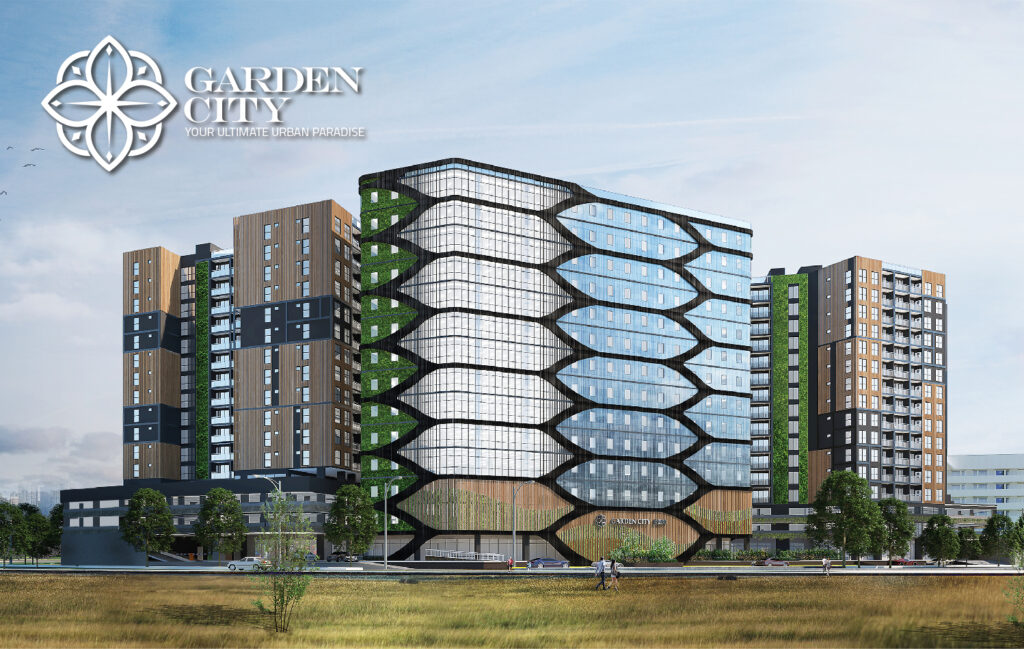
5. Improving Public Health and Well-being
Environmental degradation directly impacts public health. Air and water pollution, inadequate waste management, and loss of green spaces contribute to a range of health problems, from respiratory illnesses to waterborne diseases. Sustainable practices help create healthier living environments. For example, reducing emissions improves air quality, while proper waste management prevents the spread of diseases. Access to green spaces promotes physical activity and mental well-being. By prioritizing sustainability, the Philippines can enhance the overall health and quality of life of its citizens.
Conclusion
The need for sustainability in the Philippines is urgent and multifaceted. Mitigating environmental degradation, enhancing climate resilience, ensuring food security, promoting economic stability, and improving public health are all crucial reasons why sustainability must be at the forefront of national development strategies. Golden Bay Landholdings, Inc. is dedicated to supporting sustainable development through innovative real estate solutions that prioritize environmental responsibility and community well-being. By adopting sustainable practices today, the Philippines can build a more resilient and prosperous future for all its citizens.
2. Enhancing Climate Resilience
As one of the most disaster-prone countries in the world, the Philippines faces frequent typhoons, flooding, and other climate-related events. Sustainability is key to enhancing climate resilience. Building resilient infrastructure, promoting renewable energy, and implementing sustainable agricultural practices can reduce the impacts of these disasters. For instance, using flood-resistant building materials and creating green spaces that absorb rainwater can mitigate flooding. Renewable energy sources like solar and wind can provide reliable power during and after disasters, reducing dependency on traditional power grids.
3. Ensuring Food Security
Agriculture is a cornerstone of the Philippine economy, yet it is highly susceptible to climate change. Sustainable farming practices are essential to ensure food security. Techniques such as crop rotation, organic farming, and water-efficient irrigation can increase productivity while conserving resources. These practices not only enhance food security but also promote healthier ecosystems and reduce the environmental impact of agriculture.
4. Promoting Economic Stability
Sustainability drives economic stability by creating new opportunities and reducing costs. The transition to a green economy can generate jobs in renewable energy, waste management, and sustainable agriculture. Energy-efficient technologies and practices can lower operational costs for businesses and households. Furthermore, sustainability can attract international investments and partnerships, as global markets increasingly favor environmentally responsible practices. By embracing sustainability, the Philippines can enhance its economic resilience and competitiveness on the global stage.

